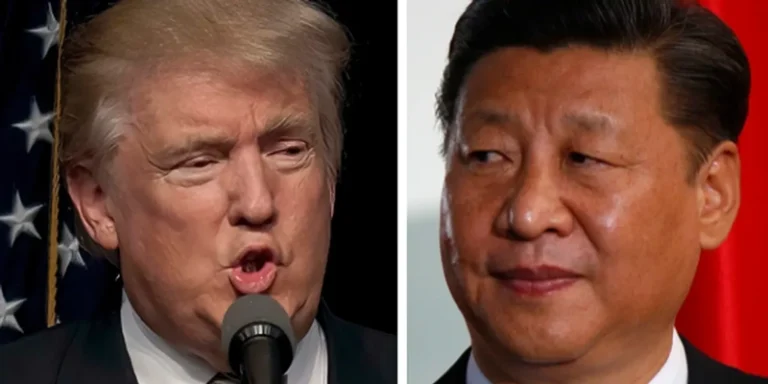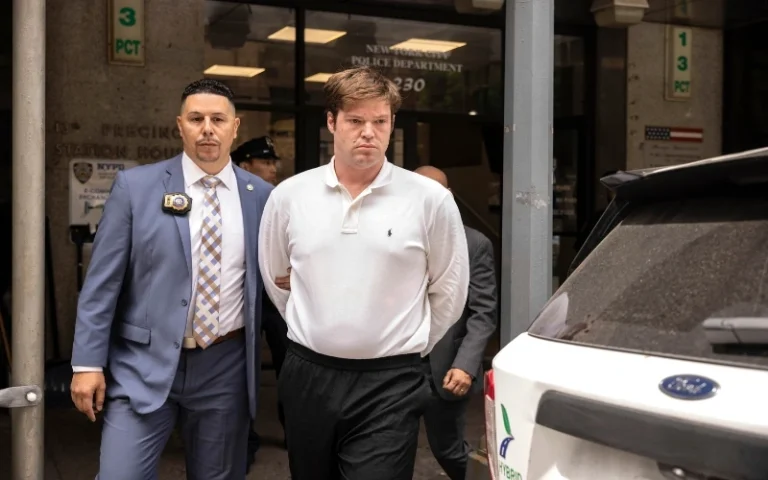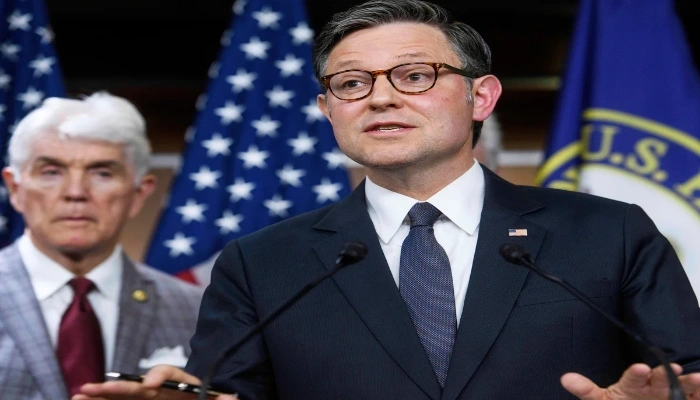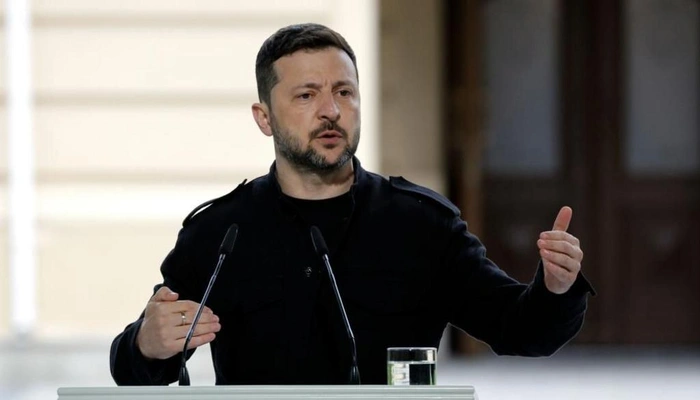
Ukrainian President Volodymyr Zelensky is Ready to meet Putin this week, in what could be their first face-to-face meeting since Russia launched its full-scale invasion of Ukraine in 2022.
The announcement comes shortly after U.S. President Donald Trump publicly urged Zelensky to accept Putin’s offer to hold peace talks in Turkey. Trump appealed in a post on Truth Social, writing in all caps: “HAVE THE MEETING, NOW!!!”
Over the weekend, Ukraine’s key European allies met with Zelensky Ready to Meet Putin in Kyiv, and issued a firm ultimatum to the Kremlin: Russia must agree to an unconditional 30-day ceasefire by Monday or face “massive” new economic sanctions. Germany’s new chancellor, Friedrich Merz, confirmed that Trump had voiced support for this ceasefire initiative.
Zelensky Open to Meeting Putin Amid Ceasefire Tensions and Pressure from Trump
However, in a late-night address on Sunday, President Putin ignored the ceasefire demand. Instead, he proposed holding direct talks with Ukraine in Turkey on Thursday, reviving the idea of diplomacy that hasn’t been on the table since the early days of the war.
While Ukraine’s allies remain firm that no negotiations should happen until Russia agrees to a ceasefire, Trump’s unexpected push for immediate talks with Russia could complicate the diplomatic efforts led by Europe.
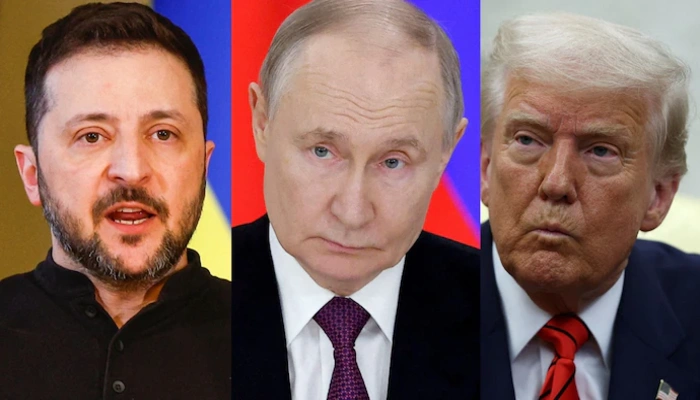
Despite the tensions and mixed messages from international leaders, Zelensky is Ready to meet Putin, raising the possibility of a significant diplomatic moment in the ongoing conflict.
Within an hour, Zelensky announced he was ready to meet Putin this week, marking their first meeting since the war began.
“I will be waiting for Putin in Türkiye on Thursday. Personally. I hope that this time the Russians will not look for excuses,” Zelensky said Sunday on X.
While he said a “Full and lasting ceasefire” starting Monday would be the “necessary basis for diplomacy,” he did not make it a clear condition for attending.
Meanwhile, Putin’s counteroffer of direct talks shifted attention away from the looming ceasefire deadline. European leaders have not confirmed whether they will follow through on promised sanctions if Russia does not halt fighting by Monday.
Trump’s Push for Peace Talks Puts Pressure on Zelensky Amid Ceasefire Divide
Before former U.S. President Donald Trump’s public call for immediate peace talks, Ukrainian President Volodymyr Zelensky had responded cautiously to Russian President Vladimir Putin’s proposal, calling it a “positive sign” but insisting that Moscow first agree to a ceasefire.
Ukraine’s European allies were firmer in their stance, rejecting the idea of talks without an end to hostilities. German Chancellor Friedrich Merz stated, “Talks cannot begin until weapons fall silent.” Poland’s Prime Minister Donald Tusk added that the world was still waiting for Russia’s “univocal decision on an immediate and unconditional ceasefire,” while French President Emmanuel Macron said Putin’s offer alone was “not enough.”
Keith Kellogg, Trump’s special envoy to Ukraine, agreed with Europe’s position, saying talks must follow a ceasefire, “not the other way round.” However, Trump abandoned his earlier call for a 30-day ceasefire, instead urging Ukraine to join the talks without preconditions.
For months, Ukraine and its allies have warned the Trump administration that Putin often acts in bad faith. They viewed Russia’s agreement to a ceasefire as a test of whether Moscow truly wants peace.
Putin’s sudden offer for direct talks, delivered in a rare 1 a.m. televised speech on Sunday, is seen by analysts as a move to shift attention from his likely refusal to honor Monday’s ceasefire deadline.
Sergey Radchenko, a professor at Johns Hopkins University, told CNN that the proposal puts Zelensky under “huge pressure” to participate. “Otherwise,” he said, “he’ll have to deal with Trump, who’s going to say, ‘Why are you undermining my peace initiative? Why can’t you just talk?”
Turkey ‘Ready’ to Host Ukraine-Russia Peace Talks, but Backs Ceasefire First
As momentum builds for potential peace talks between Ukraine and Russia, Turkey has stepped forward to offer itself as the host for the meeting. On Sunday, Russian President Vladimir Putin spoke with Turkish President Recep Tayyip Erdoğan, who, according to the Kremlin, “fully supported” Putin’s proposal and offered Istanbul as the location for the talks.
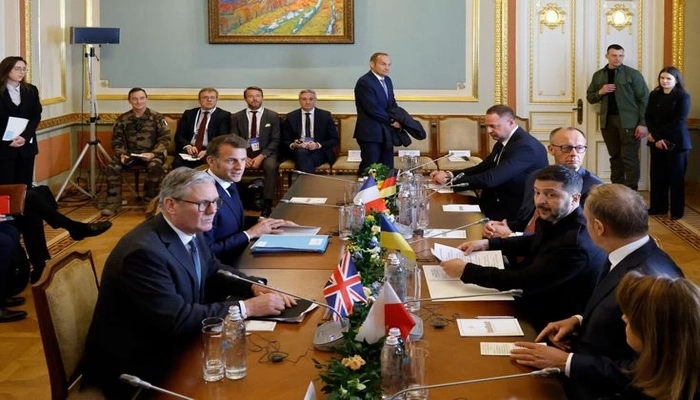
Turkey confirmed it is prepared to host the negotiations, but a statement from the Turkish presidency suggested alignment with Ukraine’s allies: a ceasefire must come before any formal talks begin.
This positioning underscores the delicate balance Ankara is trying to strike—supporting the peace process while backing the broader international demand that Russia halt its military actions before diplomacy resumes.
Turkey Offers to Host Ukraine-Russia Talks as Ceasefire Debate Continues
Turkey has confirmed its readiness to host peace talks between Ukraine and Russia, following a call between Presidents Vladimir Putin and Recep Tayyip Erdoğan. The Kremlin said Erdoğan “fully supported” Putin’s proposal for direct talks and offered Istanbul as the venue.
In a statement, Turkey noted that “a window of opportunity to achieve peace has opened,” with Erdoğan adding that a comprehensive ceasefire would create the right conditions for negotiations. However, the statement did not clarify whether Turkey would withdraw its offer to host the talks if Russia refuses the proposed ceasefire.
Meanwhile, the White House announced that U.S. Secretary of State Marco Rubio will be in Turkey from Wednesday to Friday for an informal NATO foreign ministers’ meeting. His visit coincides with the date Putin has proposed for talks, increasing the chances of high-level diplomacy on Turkish soil.
In a major shift, former President Donald Trump has dropped his earlier demand for a 30-day unconditional ceasefire from Russia before talks begin. Last week, Trump had warned that if a ceasefire wasn’t respected, the U.S. and its allies would impose further sanctions. European leaders in Kyiv echoed that threat, setting Monday as the deadline for Moscow to halt its military actions.
Now, with Trump urging Ukraine to “have the meeting, now,” and Putin proposing talks without a ceasefire, pressure is mounting on President Volodymyr Zelensky to meet Putin, even as his allies insist that peace talks must be preceded by a halt to the fighting.
Radchenko said Putin’s late-night peace offer was aimed at shifting pressure back onto Ukraine.
“He knows Trump wants direct talks,” Radchenko noted. “By offering talks and blaming Kyiv for not agreeing, he puts the ball in Ukraine’s court.”
The move also let Putin appear as a “peacemaker,” distracting from his rejection of the ceasefire plan. “He’s seen as taking the initiative,” Radchenko added.
In his speech, Putin said talks could lead to a new truce but emphasized they would focus on addressing the “root causes” of the war.
At the same time, a three-day truce ordered by Putin ended with Ukraine reporting over 100 drone attacks. Both sides accused each other of violating the pause, which marked Russia’s WWII Victory Day.
